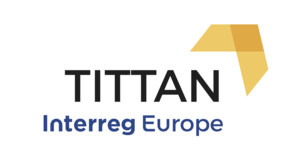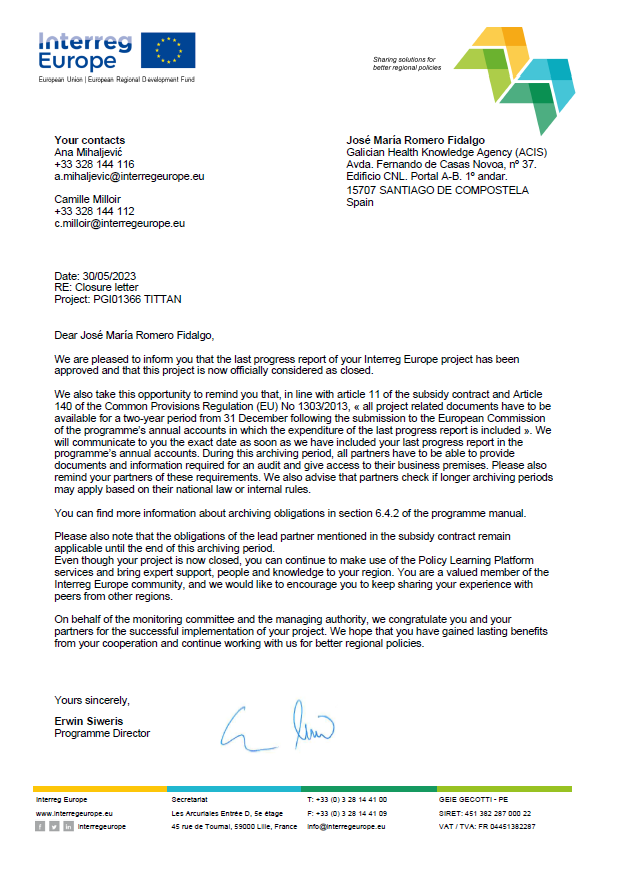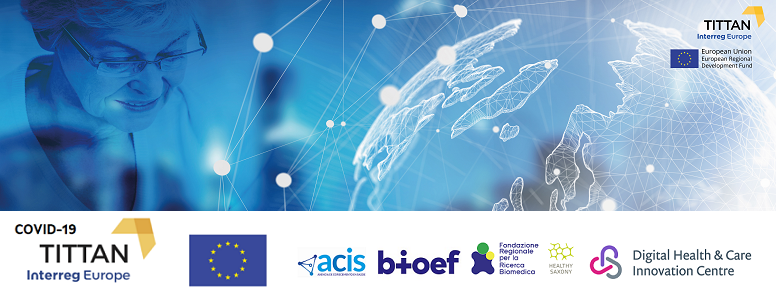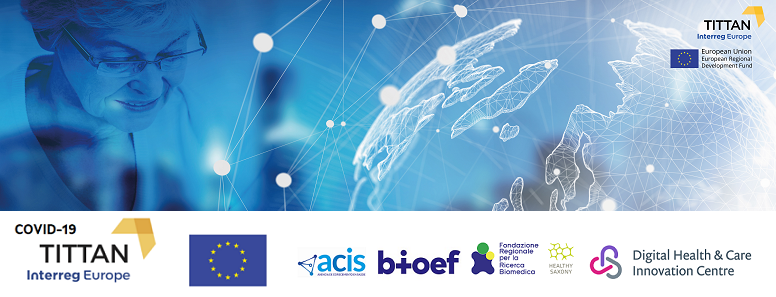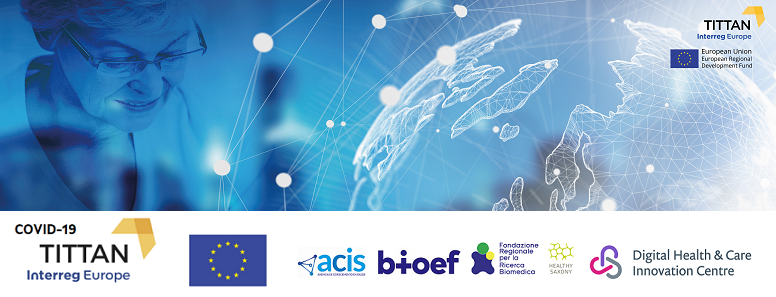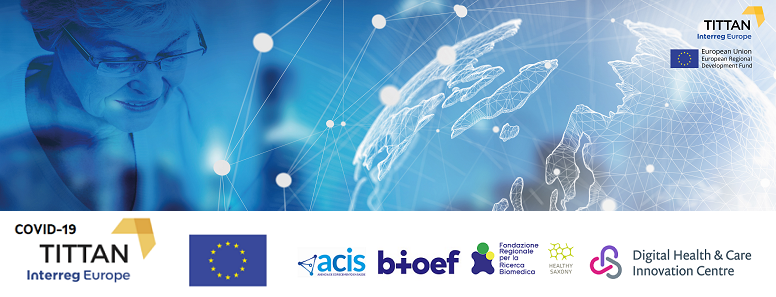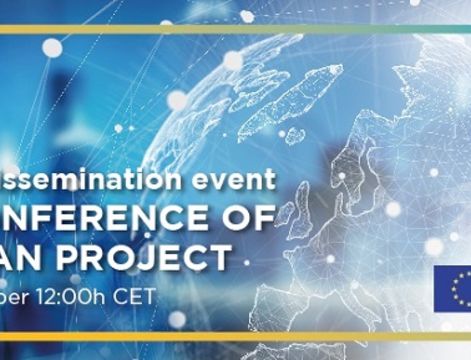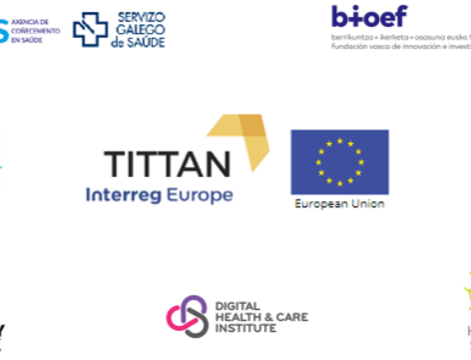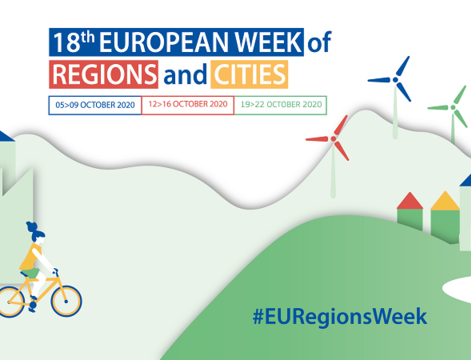The COVID-19 pandemic has massively disrupted and stressed the healthcare systems exacerbating the shortcomings of the public and private healthcare sectors. Nonetheless, this unique situation has also served as a catapult for accelerating the transformation needed putting many significant changes far faster than they would have done in the pre-pandemic operating environment. Each European region has dealt with the breakthrough using the strengthens of their ecosystem to maintain and reinforce the services focus on the care of the eldest. The current challenge is how to use the experience got to underpin these services and prepare them for the future situation, promoting the resilience and the lessons learned as a response to the pandemic challenges.
The statistics are overwhelming, the aged groups most affected throughout this situation are clear, so how the experience gained is used to improve the Active and Healthy Ageing (AHA) ecosystem is key to determining future responses to similar situations. Without forgetting those measures that will already be part of the post-pandemic ecosystem. Indeed, aging populations and more prevalent chronic diseases increased the demand for care during the pandemic generating the need of unsustainable resources in the time, but the success in the outcomes differ widely between the solutions implemented. The abrupt adoption of solutions based on analytics solutions, even as new technologies, have changed many industries and the perception of the population regarding its need.
In the current situation, Europe is preparing to rebound from the events of the past year, but it is necessary to collaborate within each ecosystem and between the regions. In order to take full advantage of the experience gained, each region is obligated to carry out a deep reflection of the lesson learned – including the mistakes to avoid in future situations – and share this knowledge to create synergies and boost the implementation of effective solutions.
Along with the COVID-19 crisis, it forced each region to develop answers in several areas creating a mixed impact on each region. The TITTAN COVID-19 project (Translation, Innovation & Technology Transfer in Ageing Network in the context of the COVID-19 pandemic), aims to establish a knowledge exchange network within five European regions to promote innovation and technology transfer in the field of the COVID-19 pandemic. The project lasts a year and a half and is funded through the Interreg Europe Program.
On October 28, the project partners held the kick-off virtual meeting to start planning its development and coordination. Over the next two months, a dialogue will be held with the most relevant actors at regional level to identify best practices related to COVID-19 in the field of health potentially to be transferred to other European regions.

In 2022 it is planned to hold several workshops to exchange good practices in Scotland (UK), Saxony (Germany), and in the Basque Country. The final conference of the project will be given by the project coordinator in Santiago de Compostela.
Under the leadership of the Galician Health Knowledge Agency (ACIS), other leading organizations in Europe are participating in this initiative, such as the Basque Foundation for Health Innovation and Research (BIOEF); the Regional Foundation for Biomedical Research (FRRB); the Healthy Saxony, (HS); and the Digital Health & Care Innovation Center (DHI).
